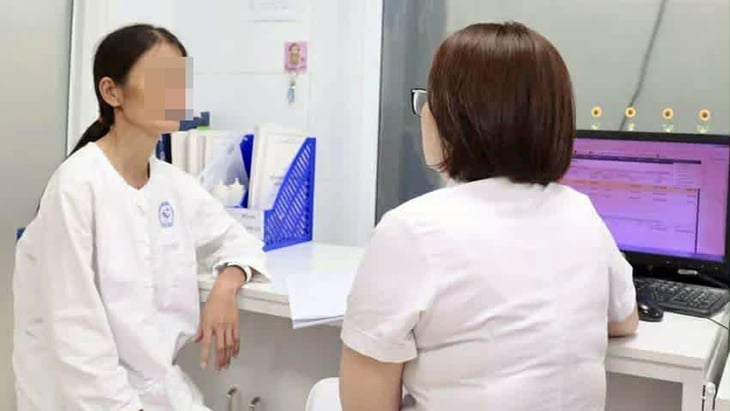
A case of being scammed out of money while waiting for a medical examination was supported by the Central Maternity Hospital - Photo: BVCC
These sophisticated tricks not only make people fall into a "matrix" but also seriously damage the reputation of medical facilities and lose the community's trust in volunteer activities.
To gain trust, many individuals and organizations take advantage of social networks to create a series of fanpages with ambiguous brand names of large hospitals for profit. In many cases, they even use images of doctors selling medicine and functional foods...
Sophisticated impersonation, difficult to distinguish real from fake
Recently, Thu Duc Regional General Hospital (HCMC) warned people and "called for help" from the police because of a series of fake Facebook pages. Specifically, there are four Fanpages using names, logos, images, and information similar to the hospital's official page to post false and misleading information for the purpose of calling for donations and profiteering.
Typically, the Facebook page "Thu Duc General Hospital" was created around January 2025, using the hospital's image and logo and pasting the words "Official page of Thu Duc Regional General Hospital".
To gain trust, this page continuously posts information about hospital activities, even using images of hospital leaders to post news and events.
After gaining a certain amount of user interaction, the Facebook page began posting information and pitiful pictures of a poor child patient and then calling for support from benefactors and the online community, along with the individual's personal bank account number listed in the post.
The post continuously received thousands of interactions, comments and shares. The page also sent thanks to the donors for their support along with pictures of the transferred money.
However, the hospital representative said that this Facebook page is completely fake, not the hospital's official page. Currently, patients in difficult circumstances are instructed to contact the hospital's social work department directly for timely support.
Ho Chi Minh City University of Medicine and Pharmacy Hospital has also recently issued a warning after discovering a number of people impersonating the hospital to commit recruitment fraud.
Common forms of fraud include sending messages via Zalo, Signal, Facebook Messenger or other applications, claiming to be hospital recruiters; creating fake chat groups in the name of the hospital, asking candidates to take tests and pay fees.
Not only stopping at creating fake fanpages, many people also use paid advertising to increase coverage and reach a wider range of users.
After people transfer money, the fake pages will immediately change their names, delete old posts, create new accounts, and continue the cycle of calling for charity for the "new circumstances" that have been set up.
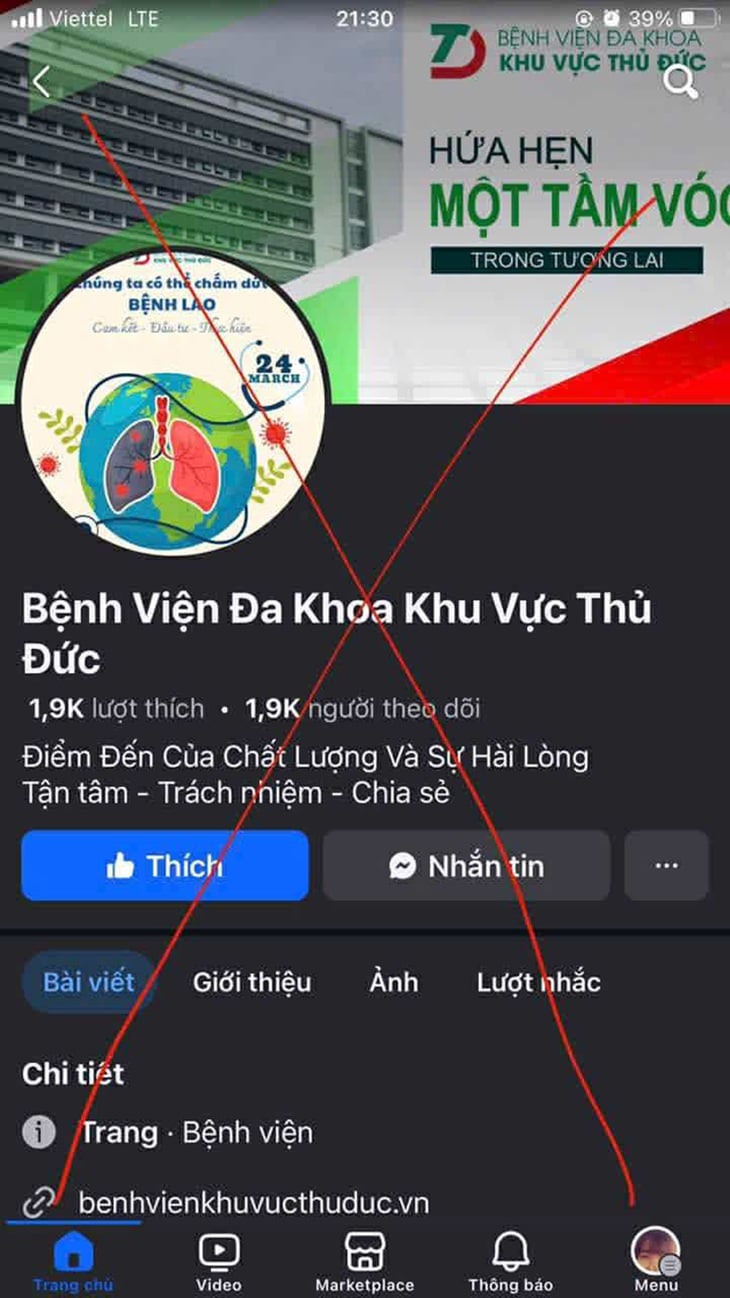
Impersonating the Facebook page of Thu Duc Regional General Hospital to call for charity and profit. Photo: BVCC
Abuse of trust
Once a victim of this trick, Ms. Nguyen Thi Hoa ( Hanoi ) shared that last month while surfing Facebook, she accidentally saw the fanpage of Bach Mai Hospital posting information about a very pitiful case of a child patient in difficult circumstances.
"I transferred 1 million VND into the account because I thought it would help my family in times of trouble. But then I saw another post from Bach Mai Hospital saying that there was a case of fake charity appeals. That's when I realized I was scammed, my kindness was misplaced," said Ms. Hoa.
After information about a patient calling for charity on social networks via the Bach Mai Hospital fanpage, the hospital had to post a correction. According to the social work department, the hospital does not organize calls for individual donations via social networks or individual bank accounts.
At the same time, all official charity activities are clearly announced through the website, official fanpage or reputable media channels. The hospital also warns people not to transfer money without verifying information through the hospital hotline.
The consequences of the above fraudulent behavior do not stop at material damage to people, but also greatly affect the real volunteer activities taking place in society. When kindness is taken advantage of, suspicion will prevail, causing situations that truly need help to no longer receive the proper attention.
On the other hand, the reputation of hospitals is also affected when their names are associated with illegal profiteering.
People need to be vigilant
According to experts, scammers are becoming more and more sophisticated. Many social media users are easily swayed by emotions, especially when faced with heartbreaking stories.
Fake comments pretending to have donated, photos of transfer transactions or staged "thank you" messages to create a crowd effect make readers quickly trust and transfer money. Therefore, authorities, hospitals and cyber security organizations need to strengthen cooperation to promptly detect and handle these fraudulent behaviors.
In addition to the charity scam on social media, many other scams at hospitals have also trapped many people. Most recently, the Central Maternity Hospital said that a Tay ethnic woman had just been scammed out of 5 million VND because she was promised "fast support in completing procedures".
While waiting for the examination in a tired and anxious state, a strange woman approached her, claiming to be "her family member", promising to help with the hospital admission procedures quickly. Believing her, the woman gave this person 5 million VND - the small amount of money she had with her. After receiving the money, the woman disappeared.
MSc. Nguyen Thi Mai, head of the social work department of Thu Duc Regional General Hospital, recommends that people should be alert and not trust information on social networks but verify information with the hospital's official channels, such as contacting directly or via the hotline.
Impersonating medical staff to sell medicine and functional foods
Nghe An Obstetrics and Pediatrics Hospital also received many complaints from people about people using the name of medical staff working at the hospital to advise on the sale of functional products, medicines and postpartum services for mothers and babies through direct channels and phone calls and Zalo messages.
Ms. Tam shared that after giving birth at Nghe An Obstetrics and Pediatrics Hospital, she received a phone call for advice on functional foods. Notably, the consultant knew very well the information of the mother and baby, as well as the time of birth, so she did not suspect anything and ordered home delivery. "Luckily, when the delivery was made, I saw the hospital's post so I didn't lose money," Ms. Tam said.
Traditional medicine fraud
The 108 Central Military Hospital also warned about the situation of people selling traditional medicine in the hospital. The hospital was also impersonated, using the image of the hospital's doctors, often sharing images to "show off" their daily work.
Some people even forged certificates of merit, trophies, and "excellent doctor" badges with the logo and name "108 Central Military Hospital" printed on them to create prestige... in order to appropriate hundreds of millions of dong from patients.
Colonel Nguyen Van Tuan - political director of Military Hospital 175, Ministry of National Defense - said that in recent years, the situation of impersonating hospitals to attract patients has been relatively common. Many victims returned to the hospital indignantly, only to be shocked to discover that they had been deceived when they were explained.
To prevent this situation, Military Hospital 175 has repeatedly contacted the impersonators directly, requesting that the content be removed, but after a short time, these impersonators continued to repost.
The hospital even sent people to the "nest" of these people to catch them red-handed, only then did they apologize and remove the content. However, these are only temporary solutions, not a complete solution to the problem.
In the long term, the hospital will coordinate with cyberspace forces to deal with impersonation. The law also needs to strictly handle this behavior because it is directly related to the health of patients.
Source: https://tuoitre.vn/xuat-hien-nhieu-chieu-tro-mao-danh-benh-vien-de-truc-loi-20250624224110403.htm


![[Photo] General Secretary To Lam receives Australian Ambassador to Vietnam Gillian Bird](https://vphoto.vietnam.vn/thumb/1200x675/vietnam/resource/IMAGE/2025/6/26/ce86495a92b4465181604bfb79f257de)








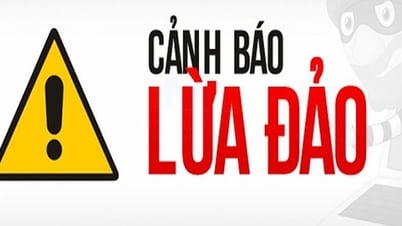
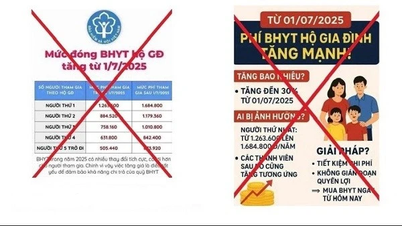




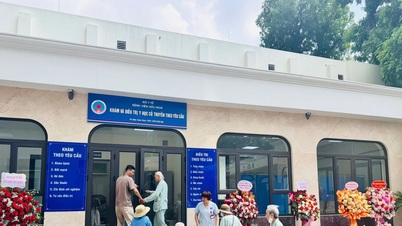

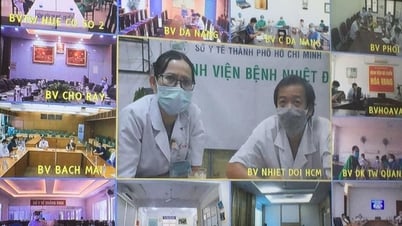

















![[Photo] Candidates take the first graduation exam with the new Literature topic](https://vphoto.vietnam.vn/thumb/1200x675/vietnam/resource/IMAGE/2025/6/26/dfded9e317554c25a3e26defe672ebb7)







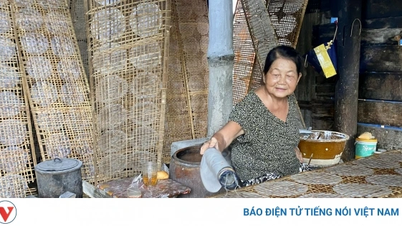







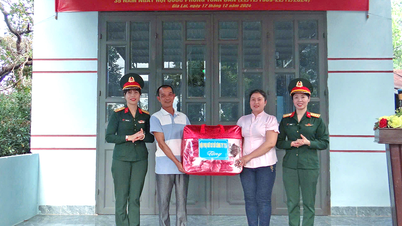
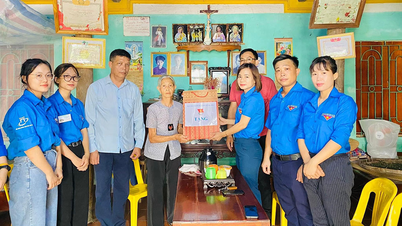





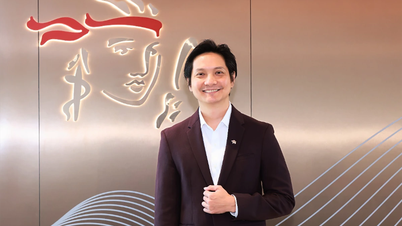








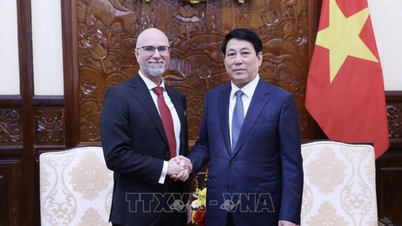













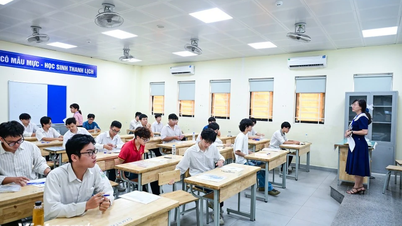

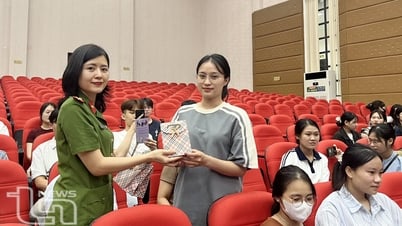

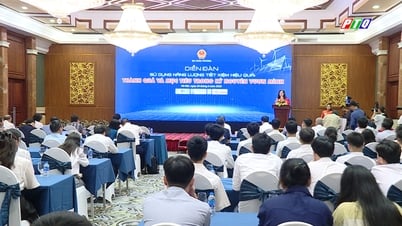







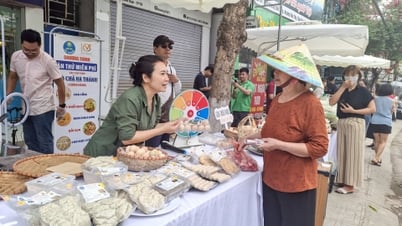








Comment (0)